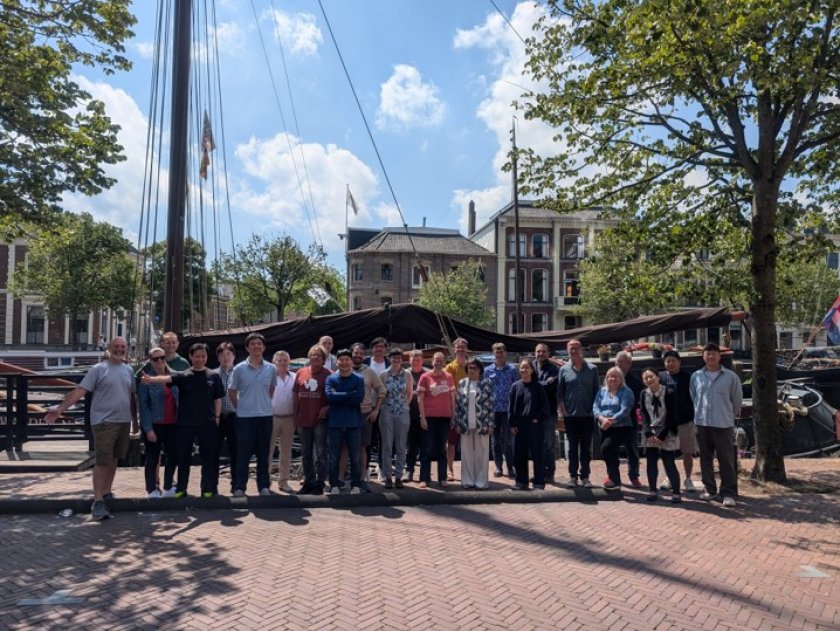category_news
Leeuwarden centre of Antarctic scientific consultation
The Commission for the Conservation of Antarctic Marine Living Resources (CCAMLR) holds an annual three-week meeting on the Southern Ocean around Antarctica. This year, scientists from around the world are meeting in Leeuwarden to discuss fisheries policy and nature management in this area. Fokje Schaafsma, researcher at Wageningen Marine Research, participates in these discussions.
Politicians from CCAMLR member countries meet annually in October in the Australian city of Hobart to make decisions on nature and fisheries management in the Southern Ocean, with the aim of protecting Southern Ocean ecosystems. Scientists advise them in this process.
During the year, several working groups are organized in which the scientists discuss different topics, with the aim of making an advice on new or existing policies based on the latest research results. This year, the Netherlands hosted two of these working groups: the "Statistics, Assessments and Modelling" (SAM) working group and the "Ecosystem Monitoring and Management" (EMM) working group. The working groups were organized by Wageningen Marine Research, the Arctic Centre of the University of Groningen and the Ministry of Foreign Affairs.

Long days
Long days are made in the meeting rooms in Leeuwarden. Even outside the meetings, there is often work to be done, such as preparing the discussion of a new topic or writing texts for the final report. Fortunately, there is also some time for relaxation in the weekend. Participants of the EMM working group took a trip through the canals of Leeuwarden on a boat. This gave them the opportunity to see the city they are staying in for a fortnight from a different angle.
Research on animal distribution in relation to sea ice
Researchers from Wageningen Marine Research study the distribution of small and large animals, such as zooplankton, fish, birds and mammals in relation to sea ice. To this end, surface waters with and without sea ice is sampled with the "Surface and Under Ice Trawl", one of the few fishing nets suitable for this purpose. In addition, bird and mammal counts are regularly carried out in the Southern Ocean. "With this research, Wageningen Marine Research contributes to knowledge about the distribution of different species, which is important for identifying possible changes, for example due to climate change, and for identifying areas that need specific protection. Moreover, understanding the quantities and distribution of the different life stages of krill in the upper surface waters is important for developing fisheries policies, as standard methods do not sample the surface and knowledge is thus limited here," said Fokje Schaafsma.